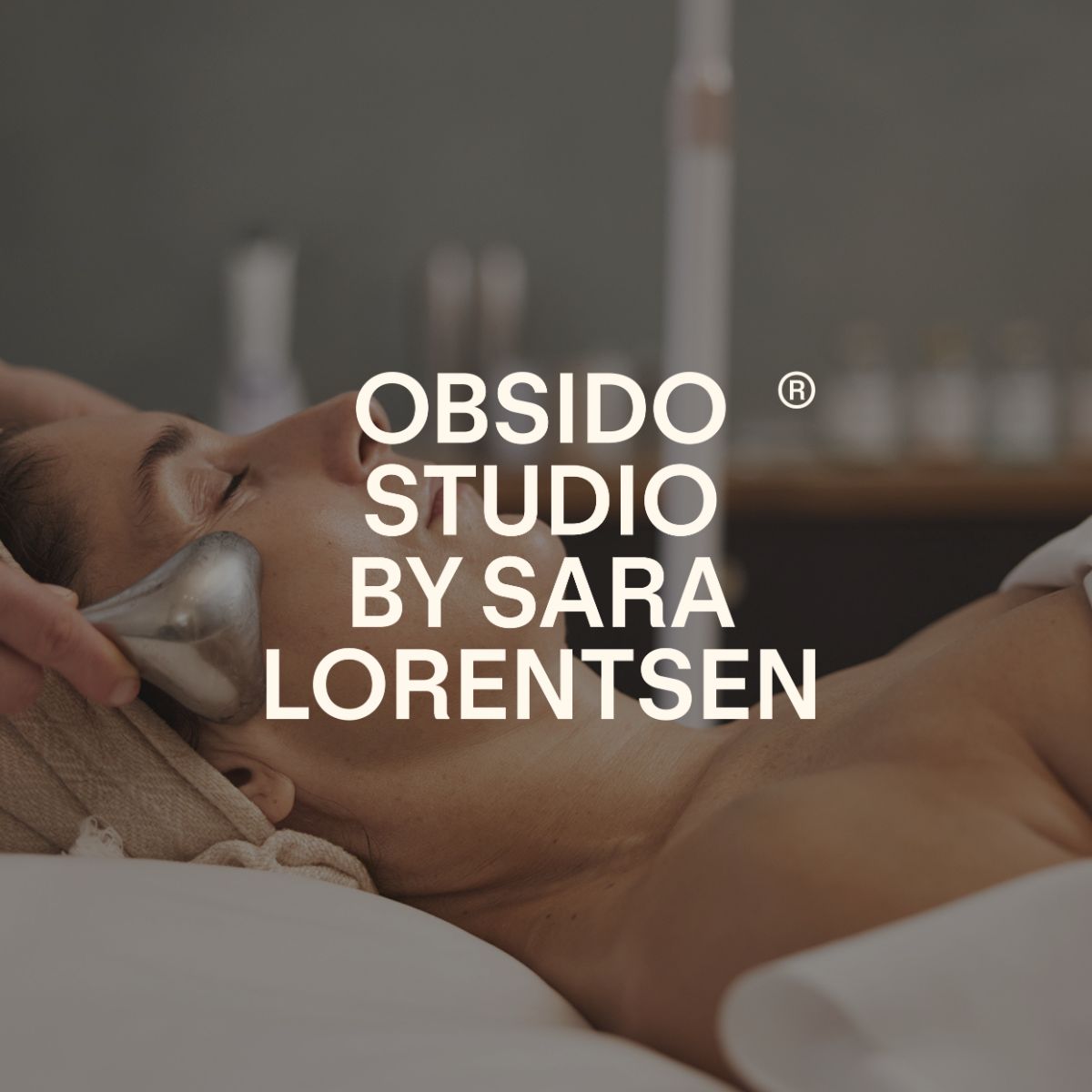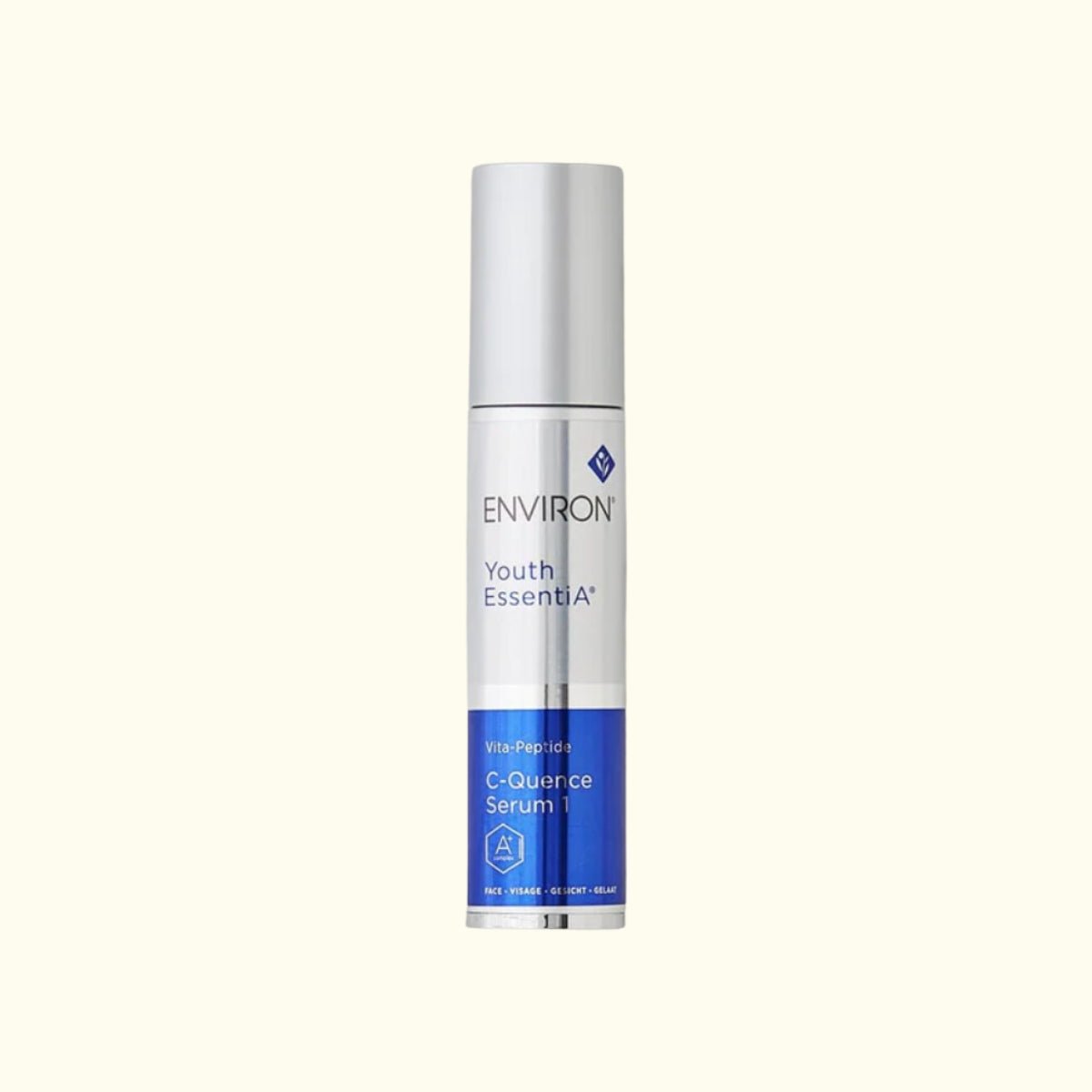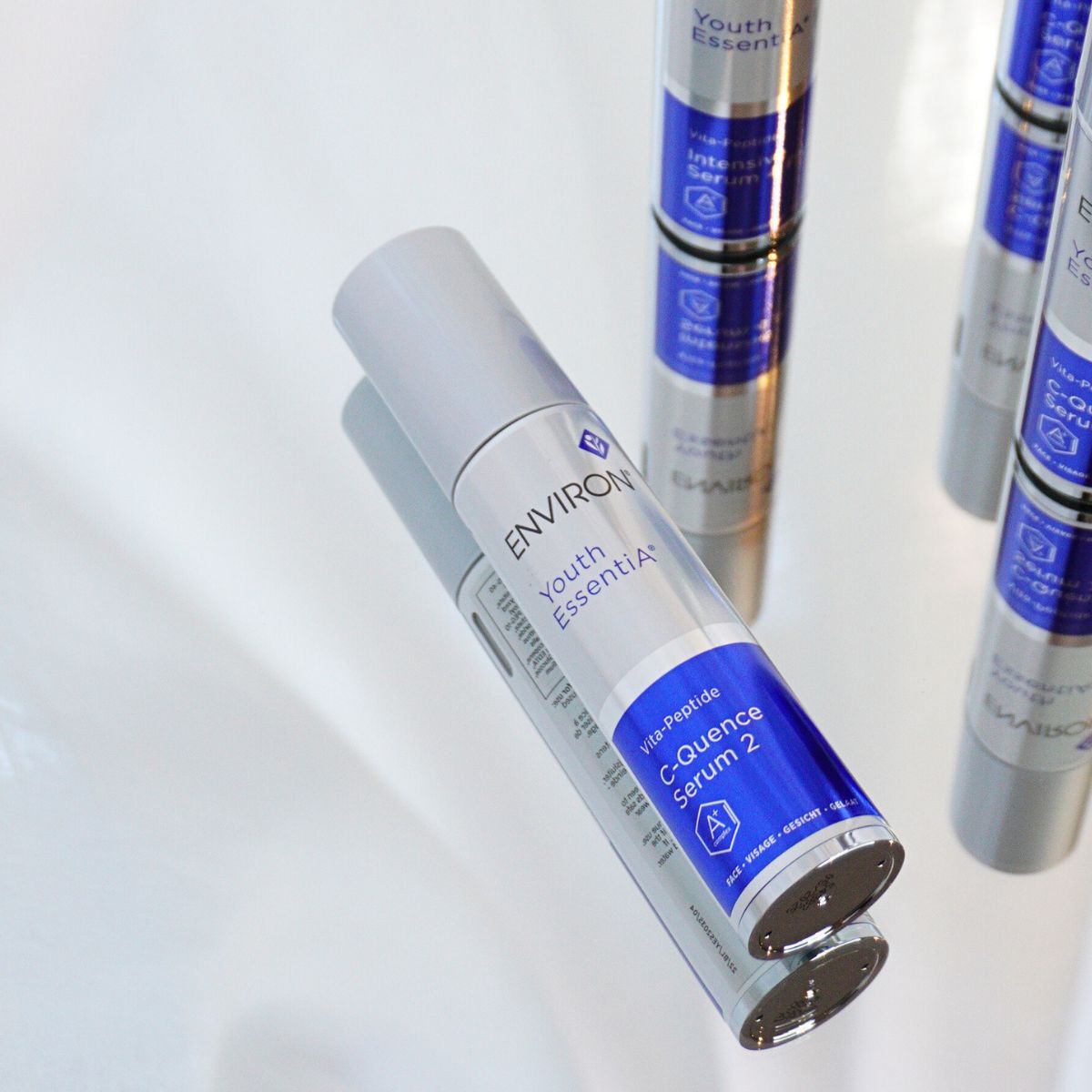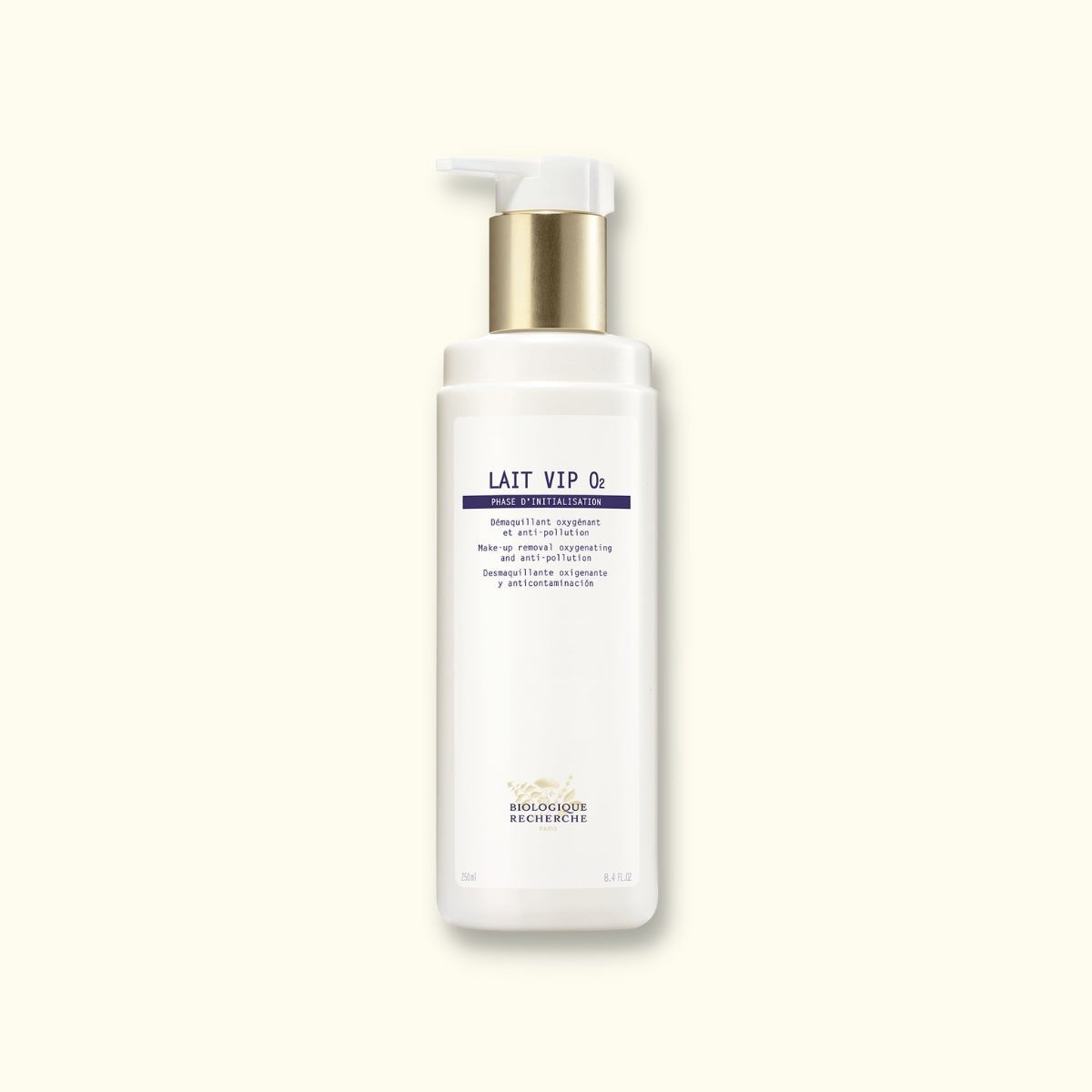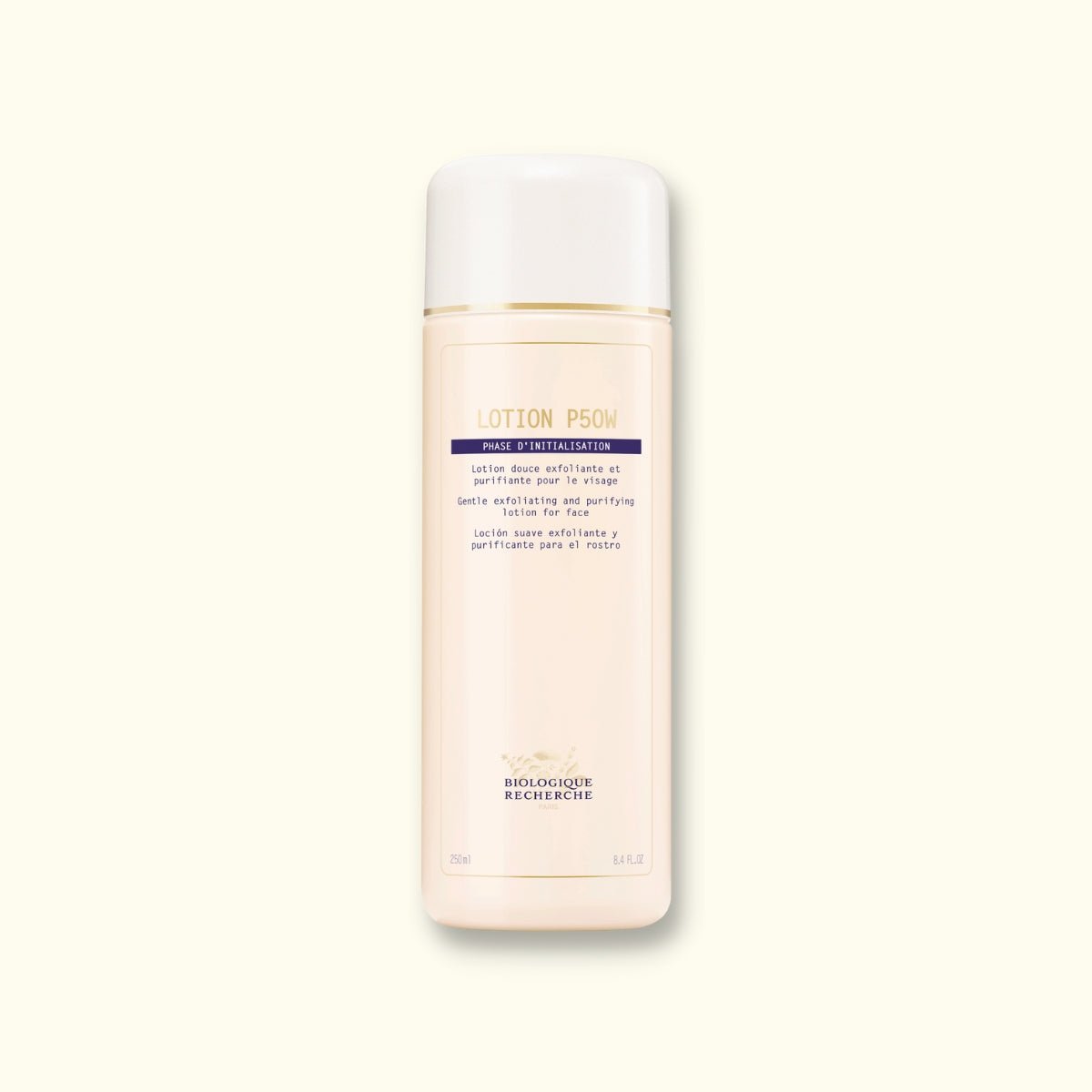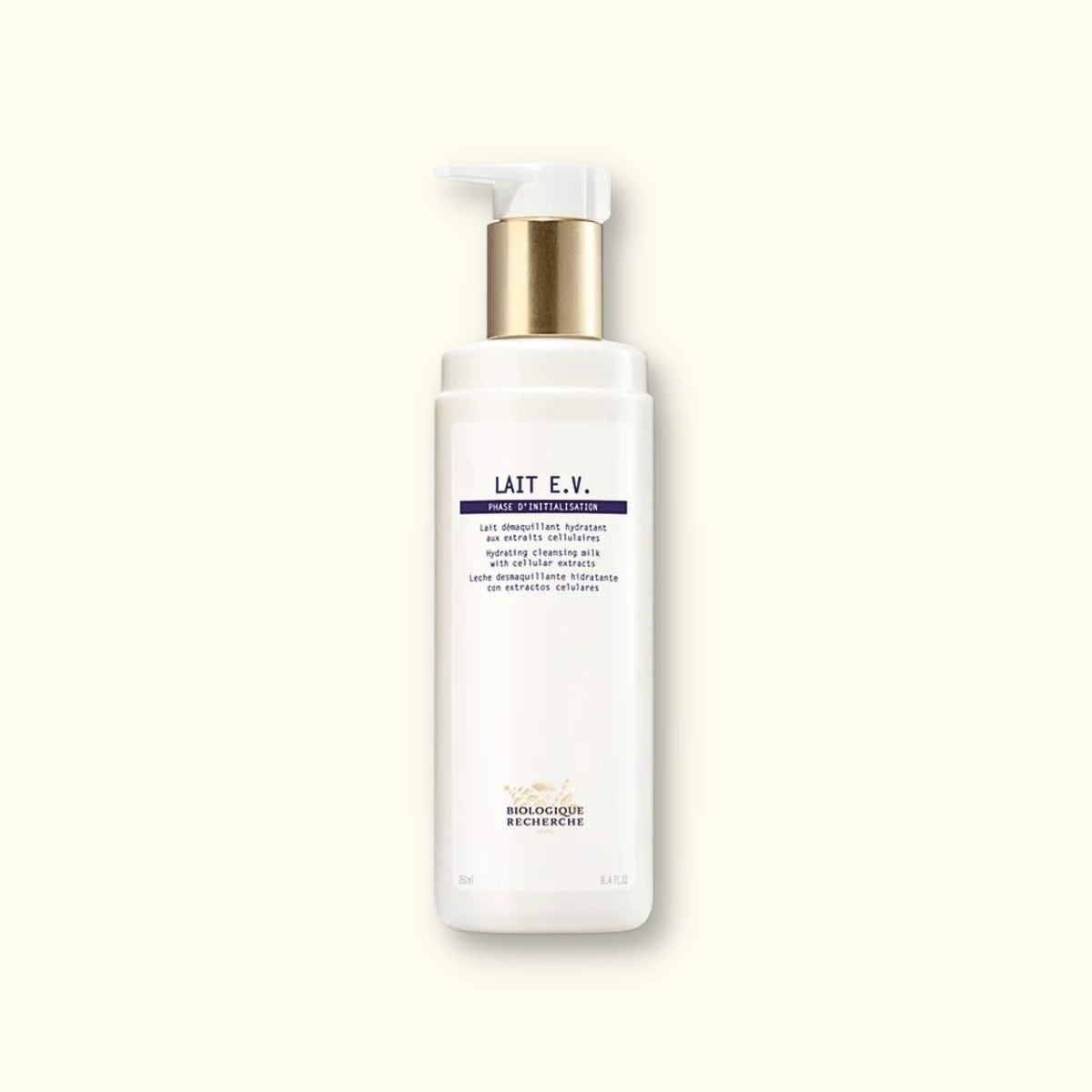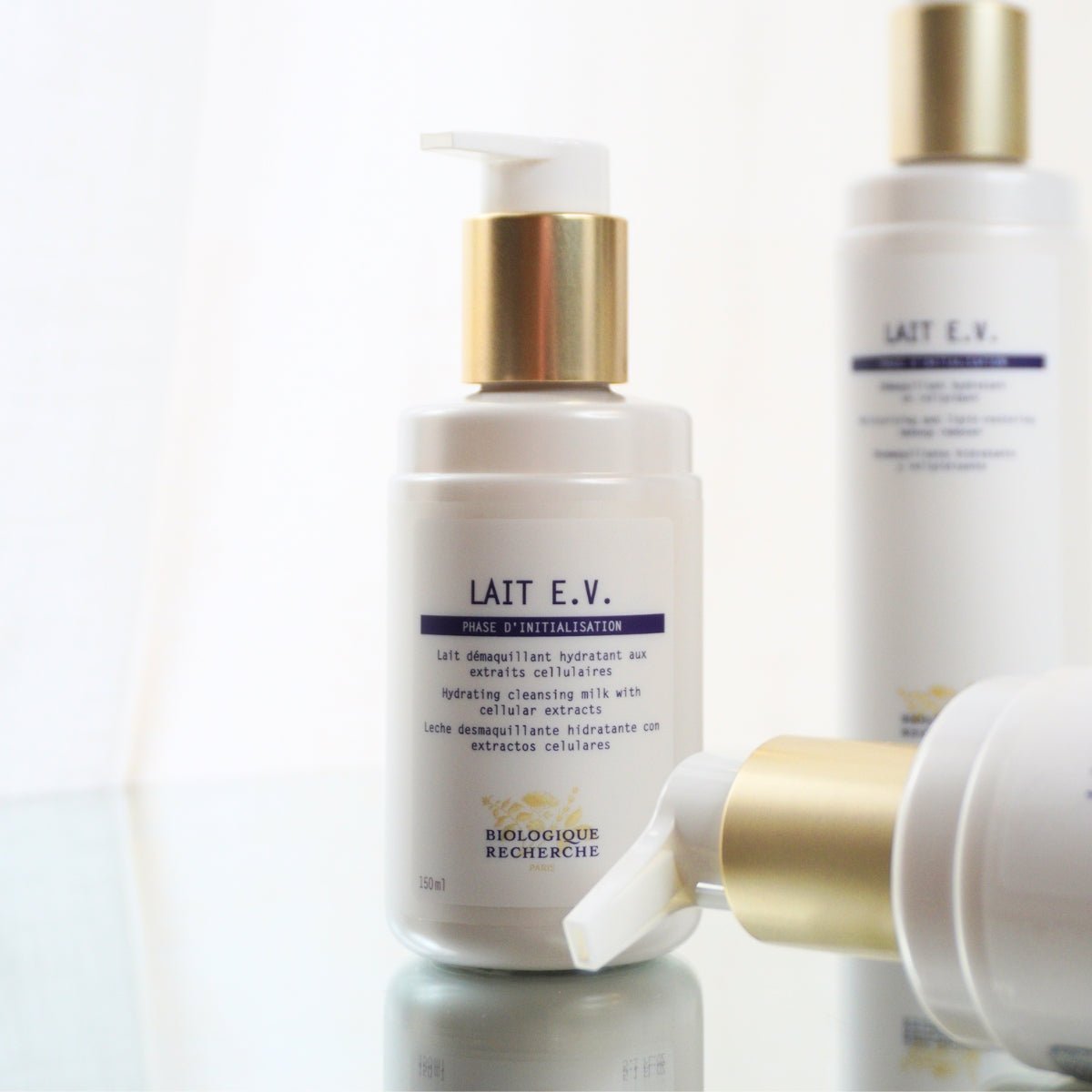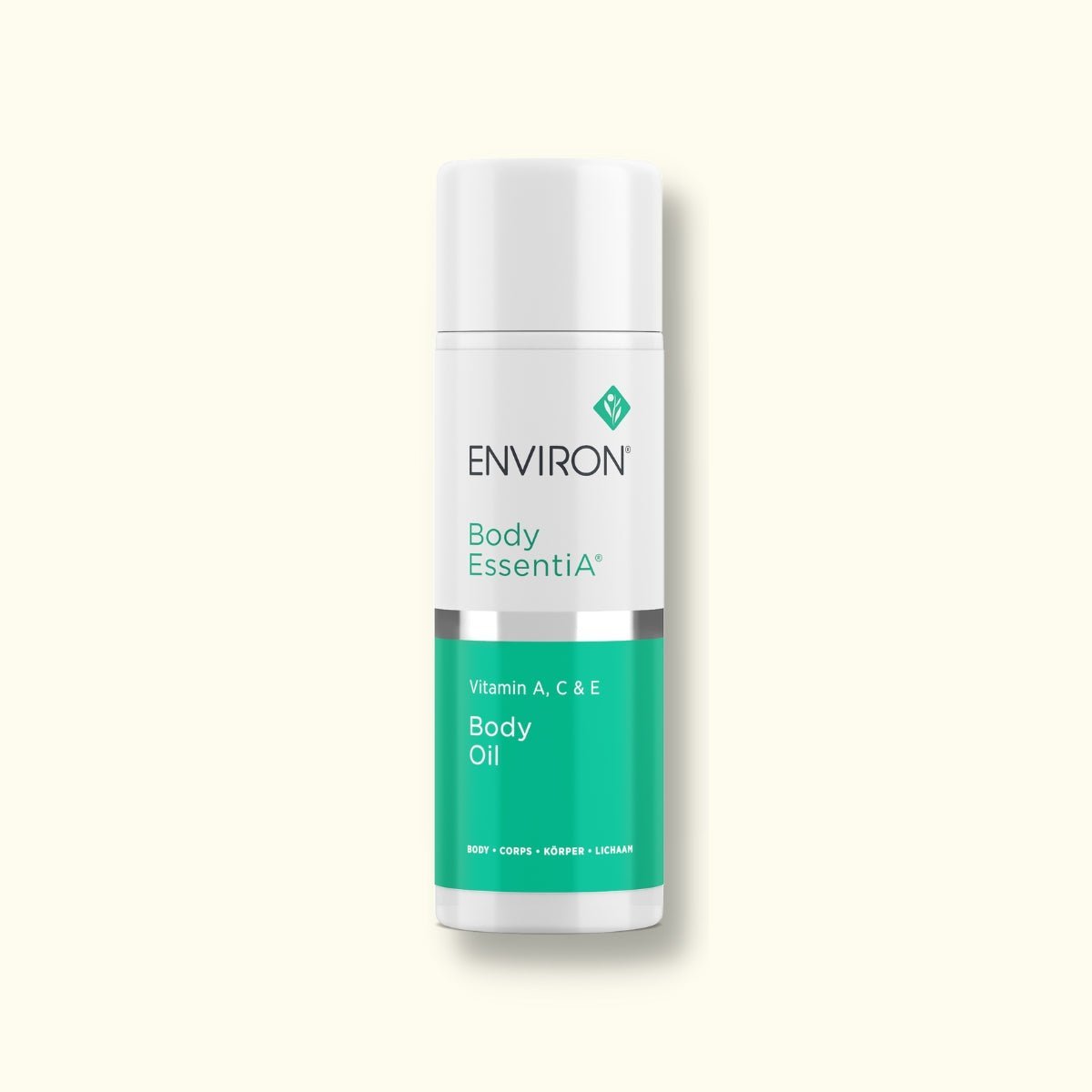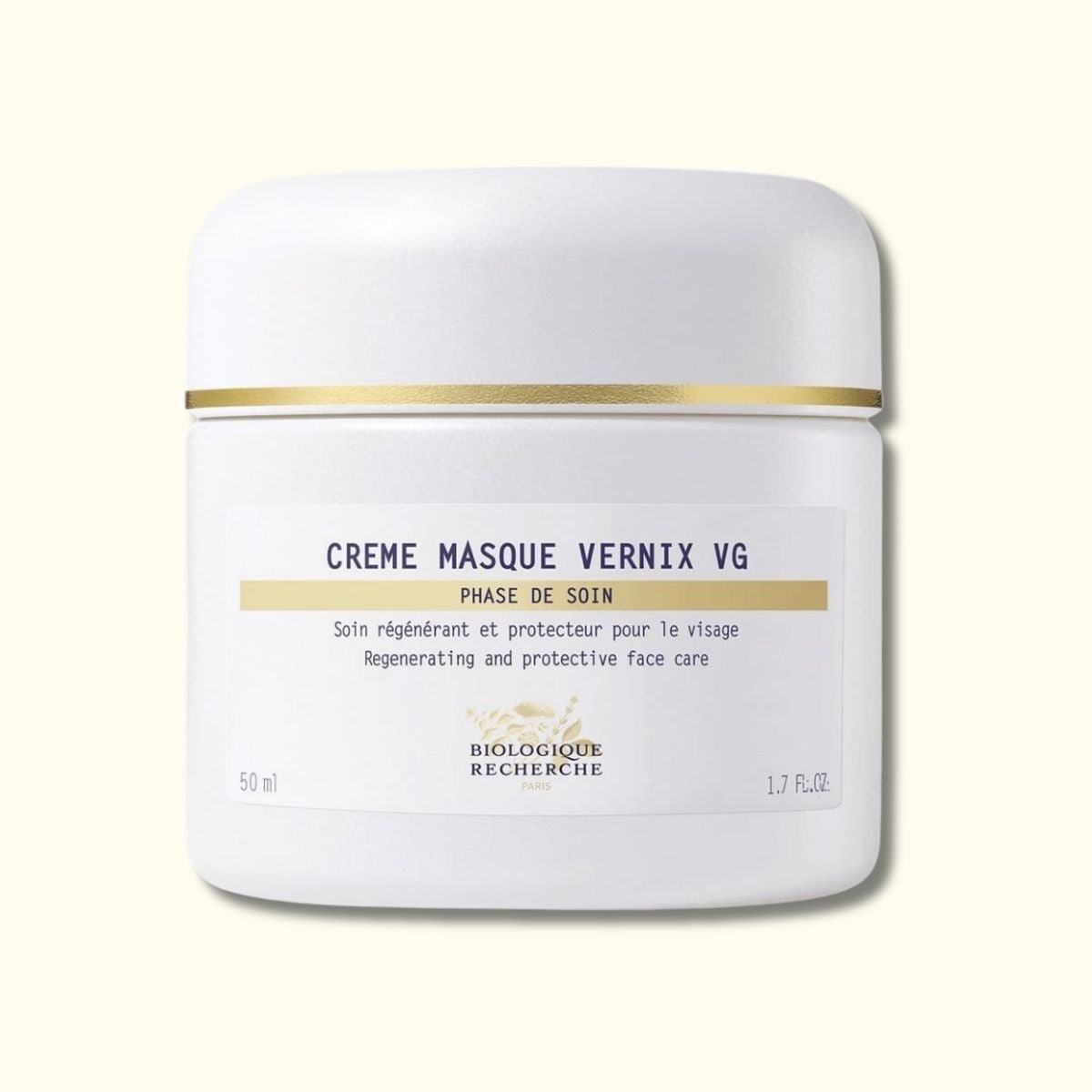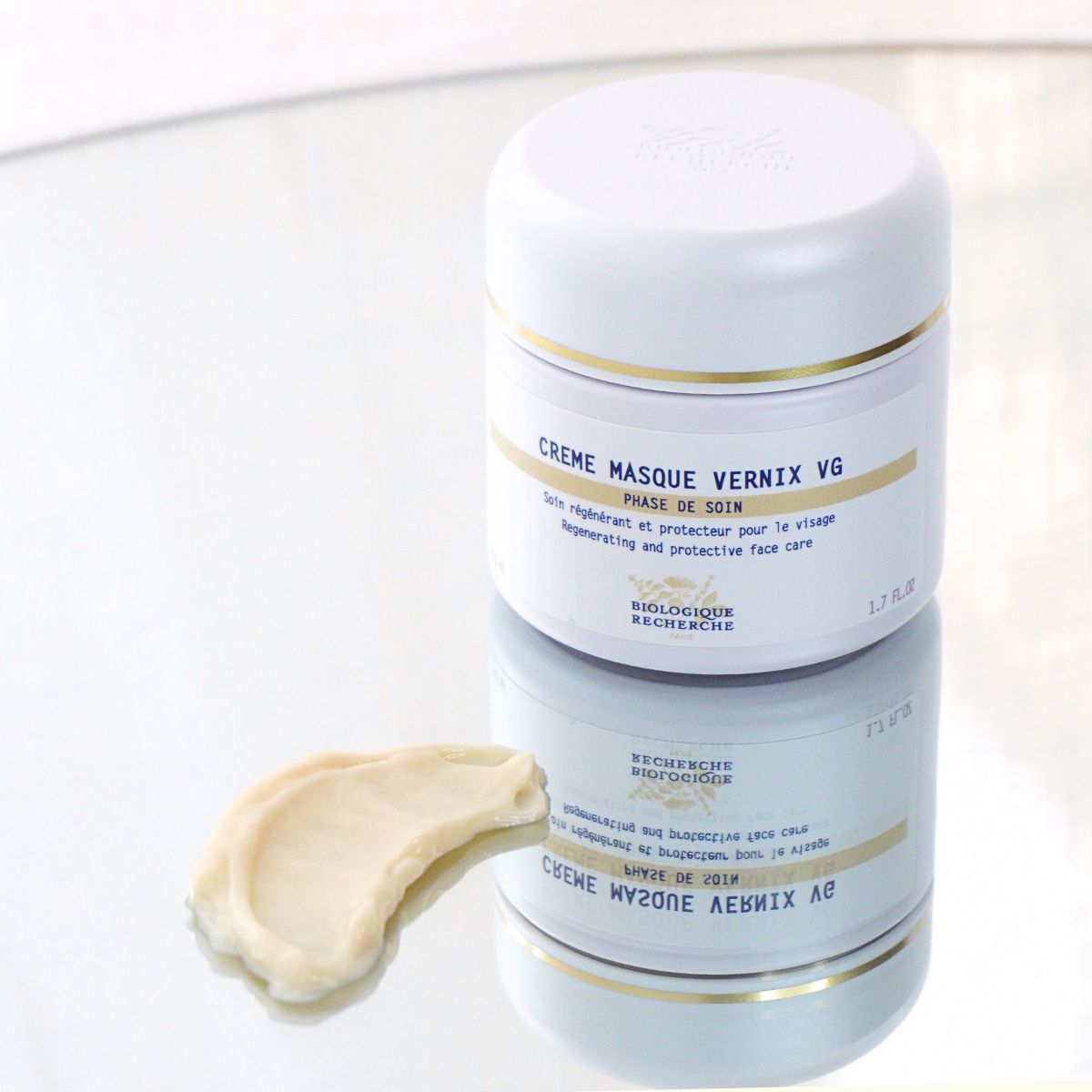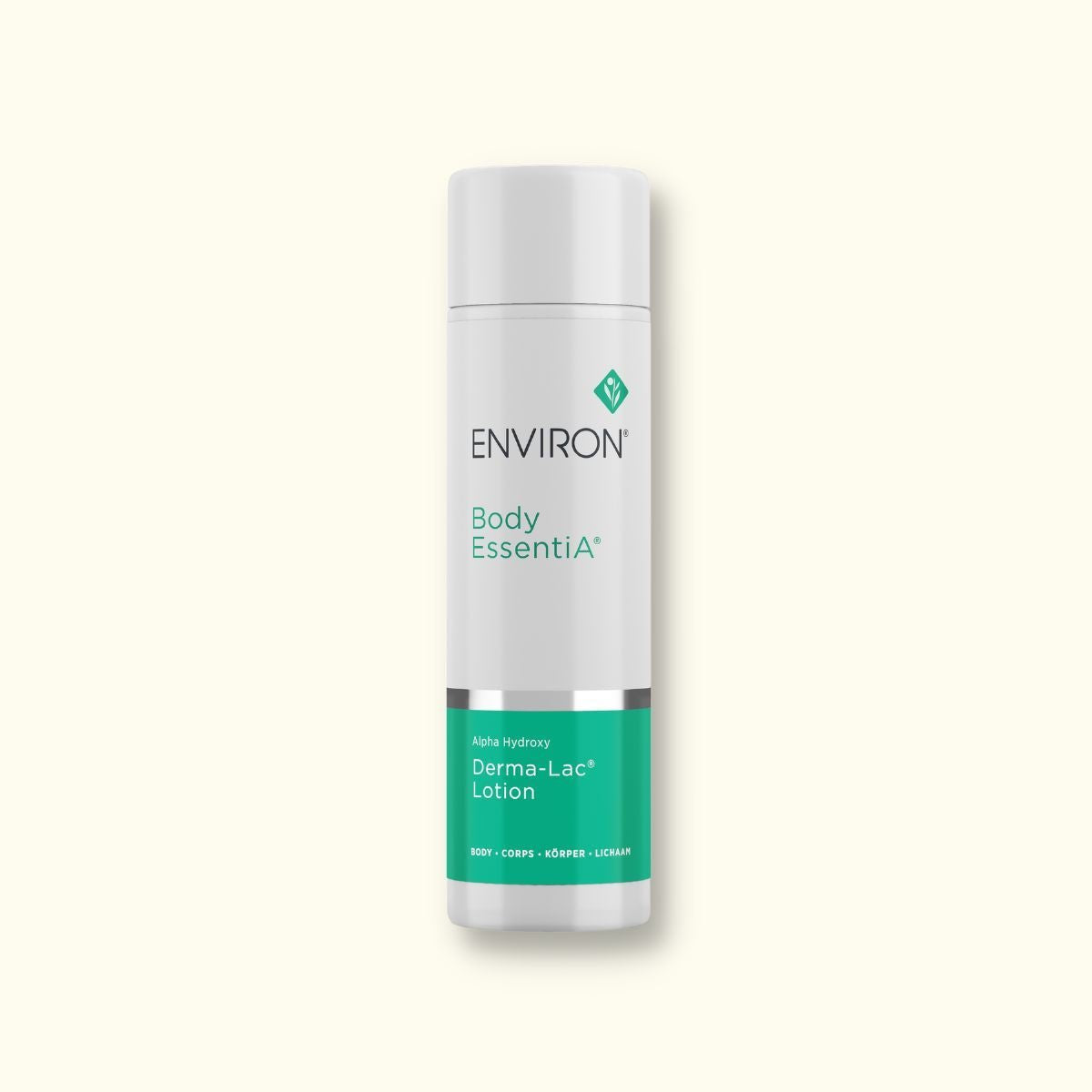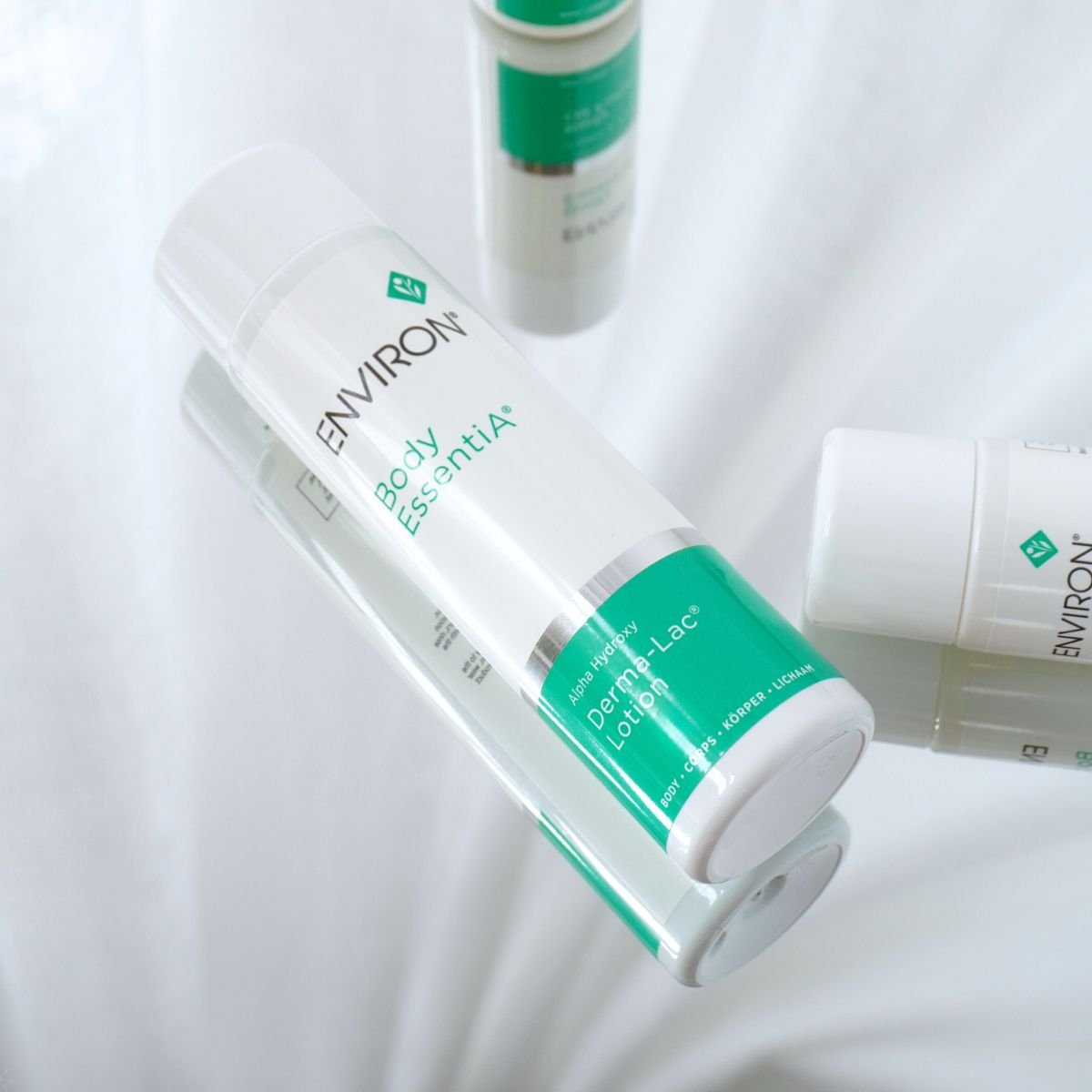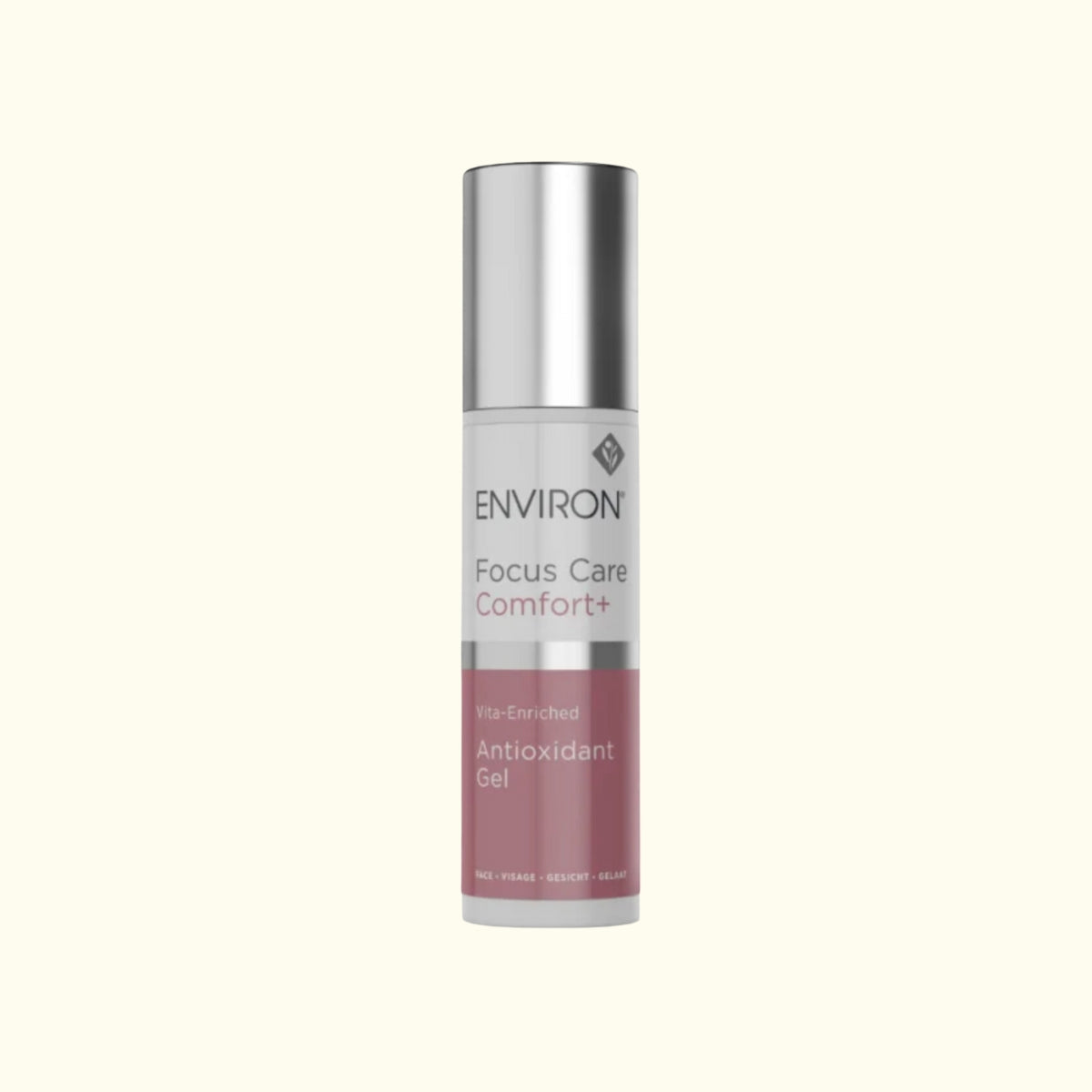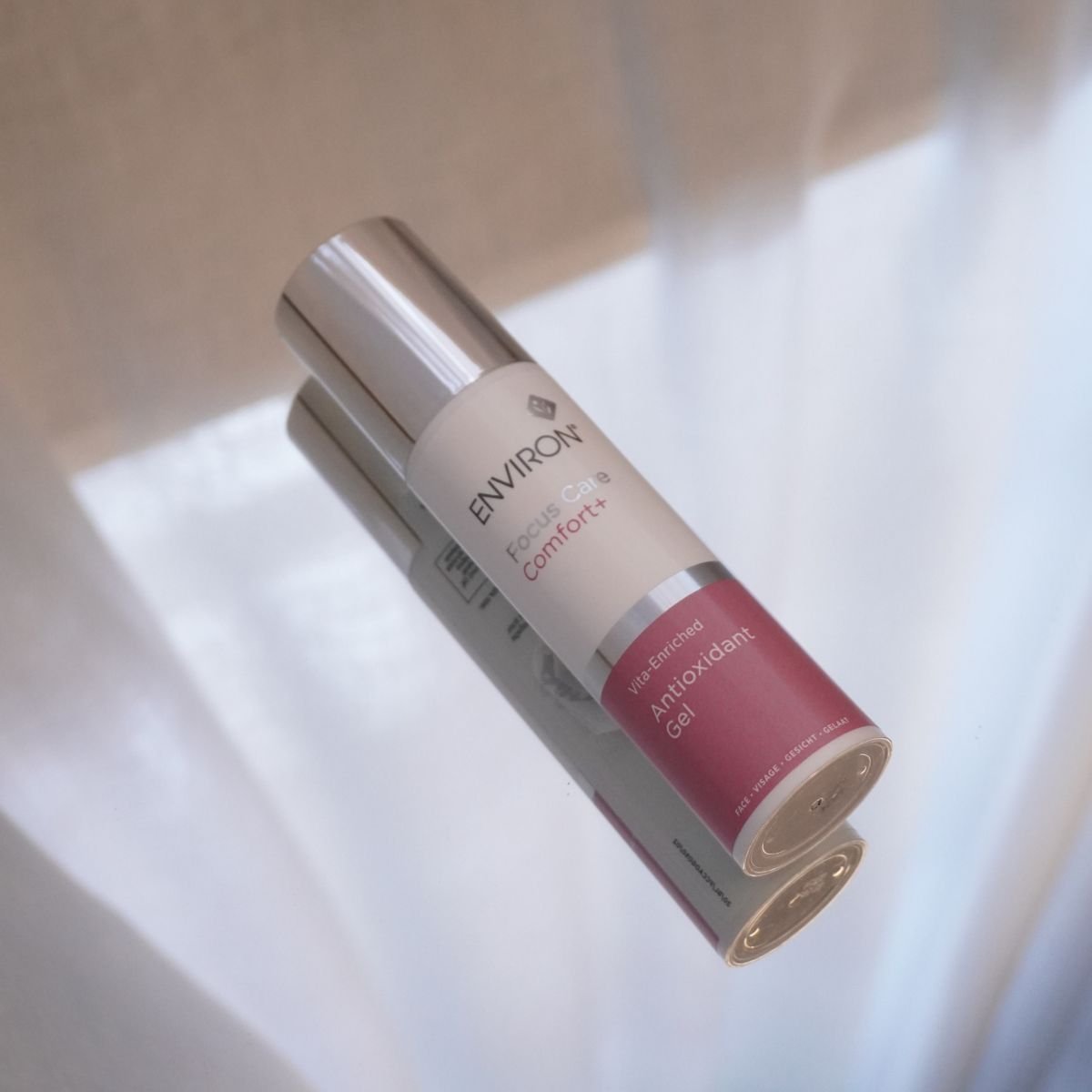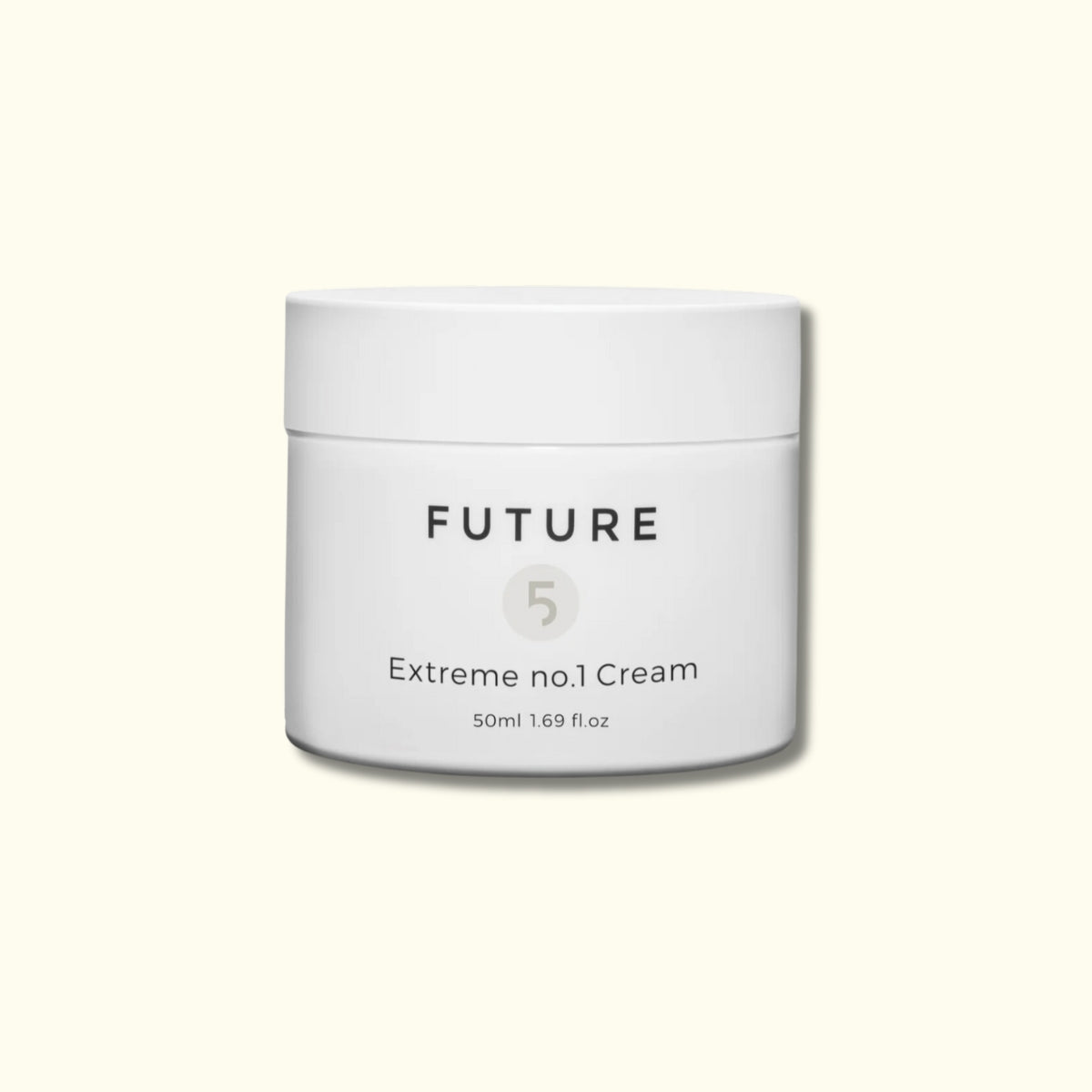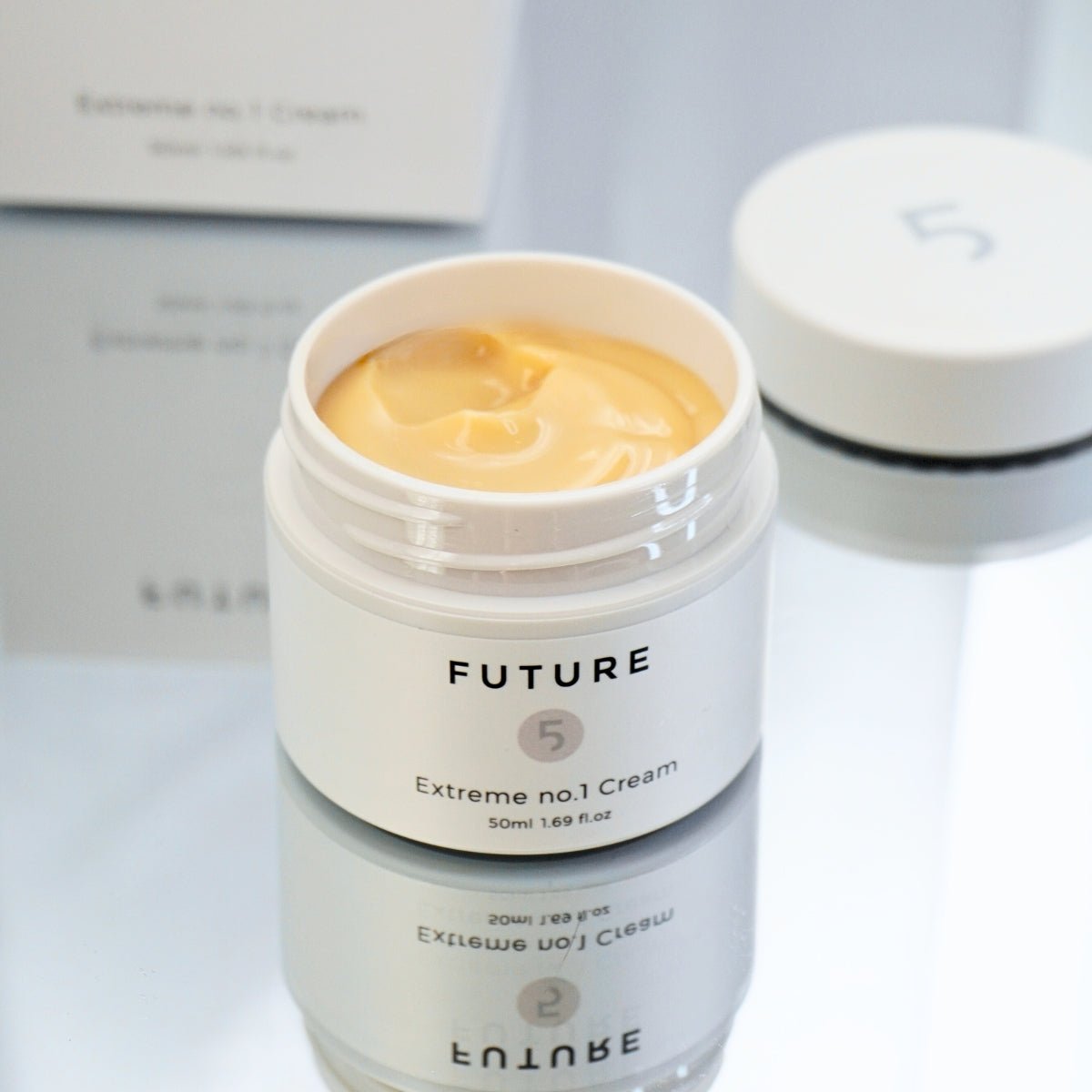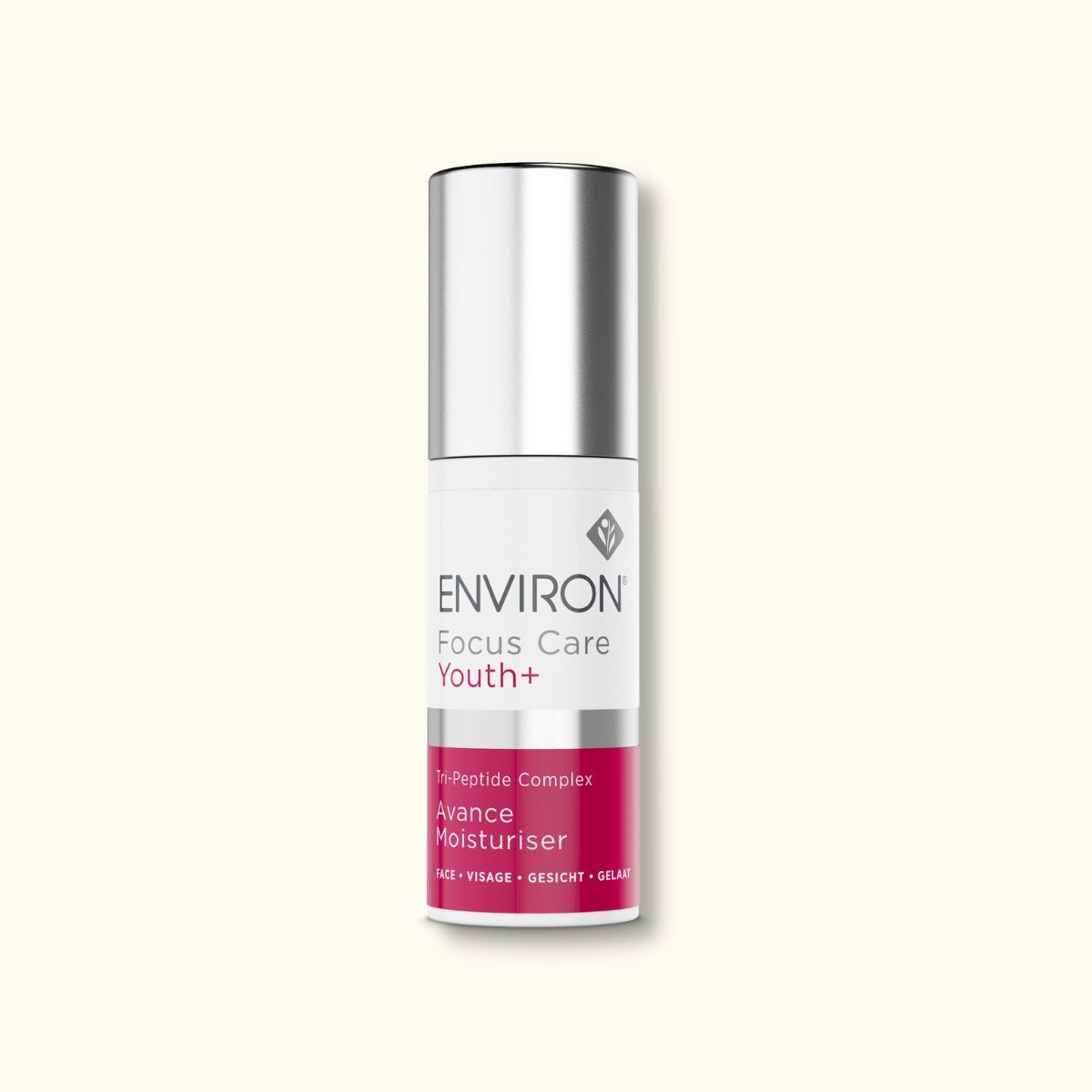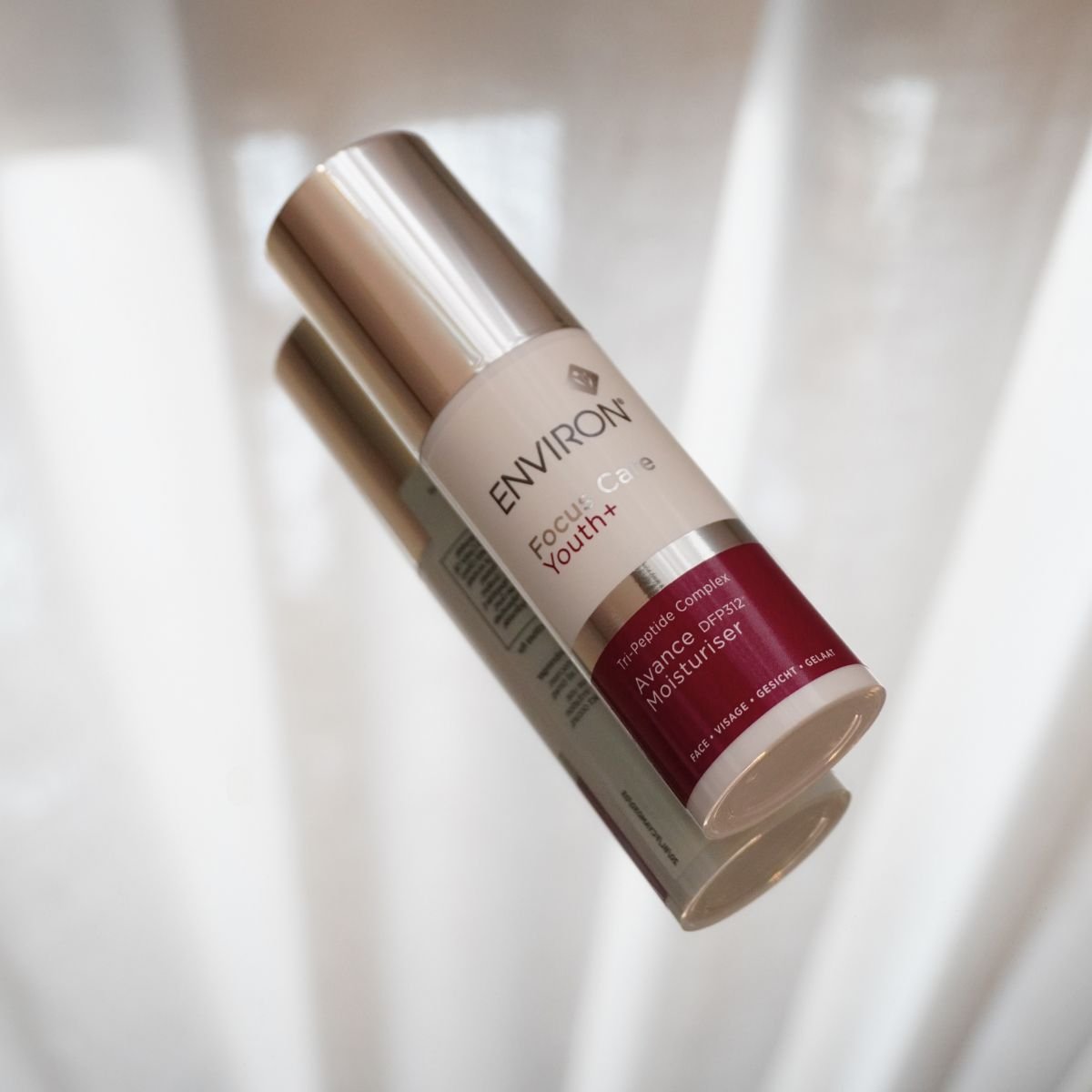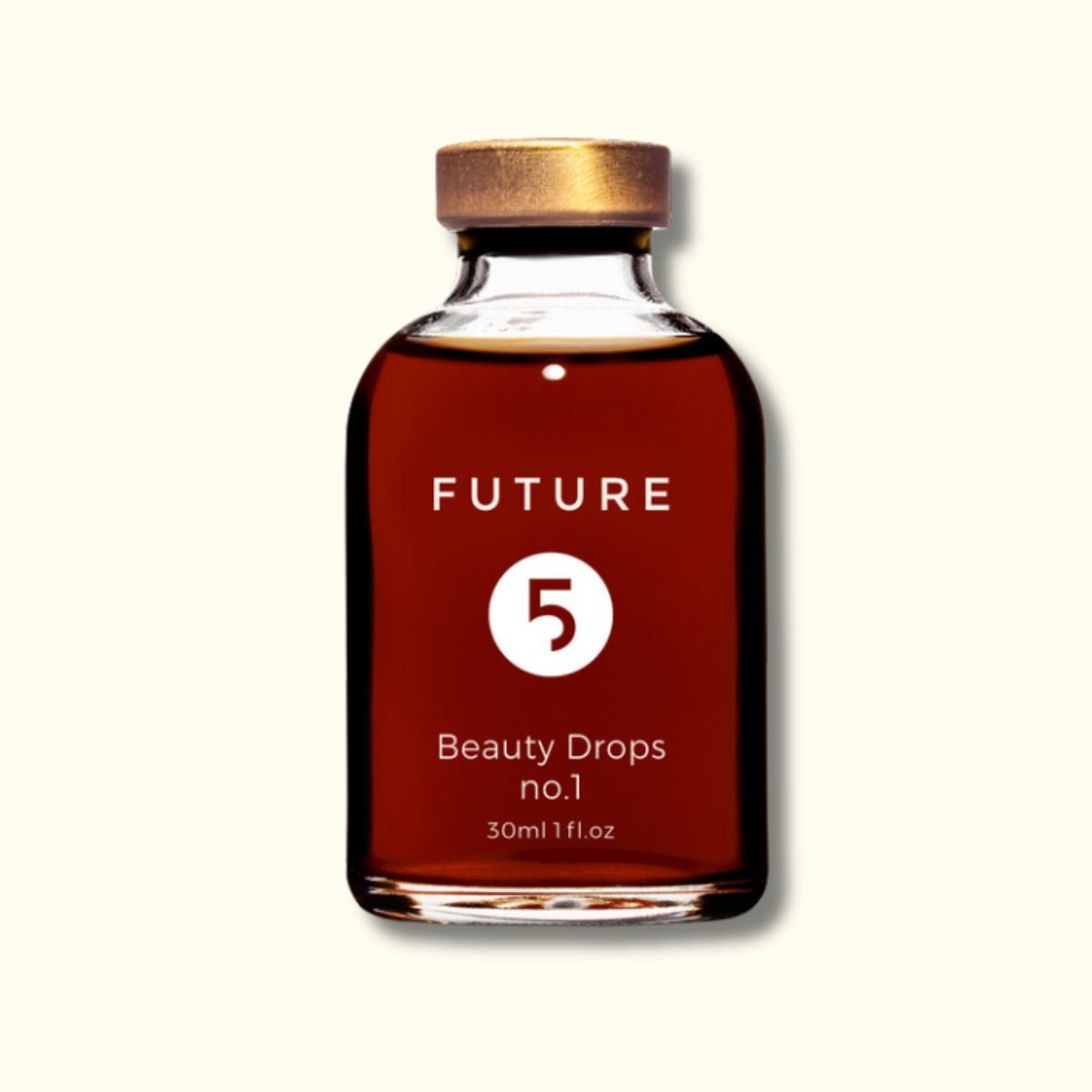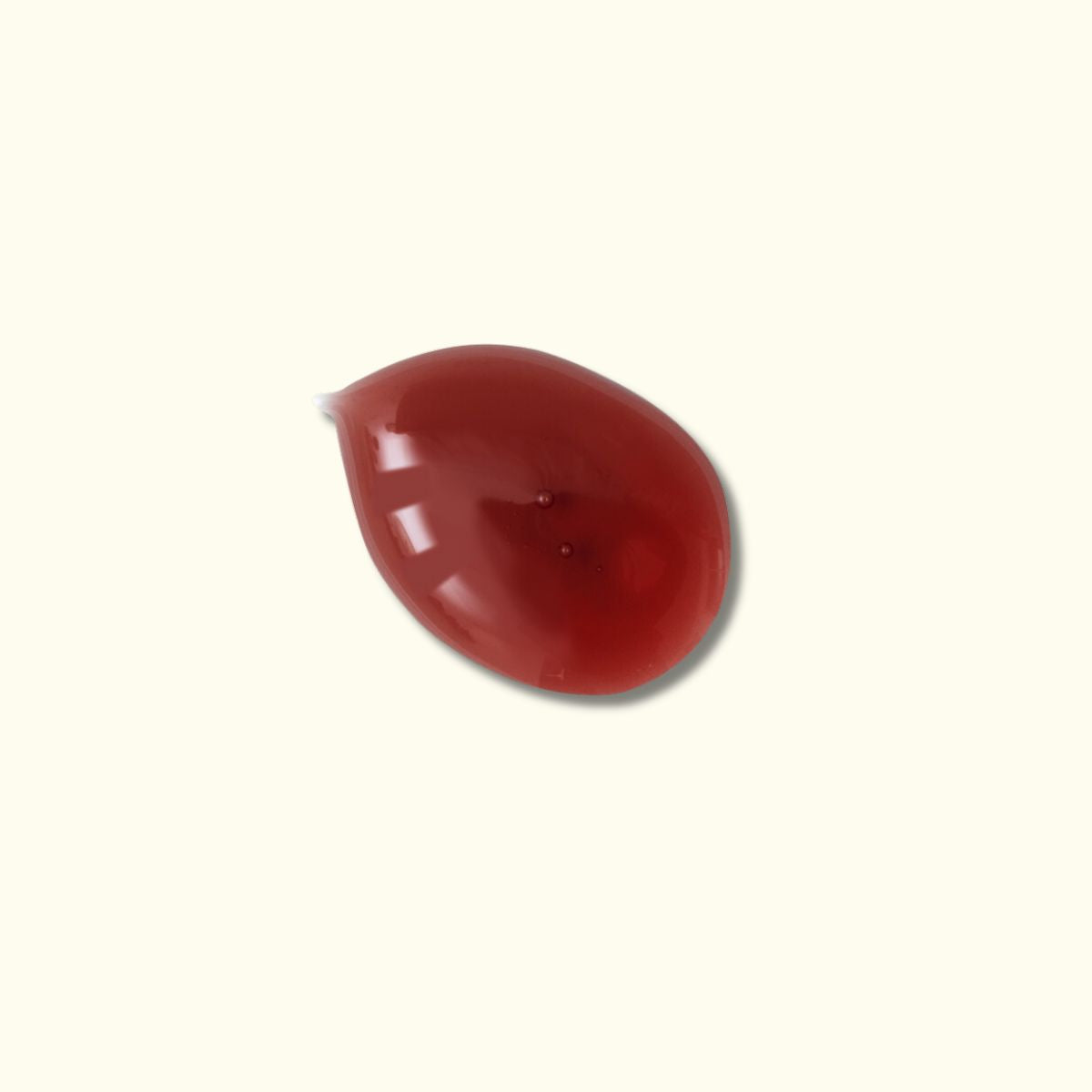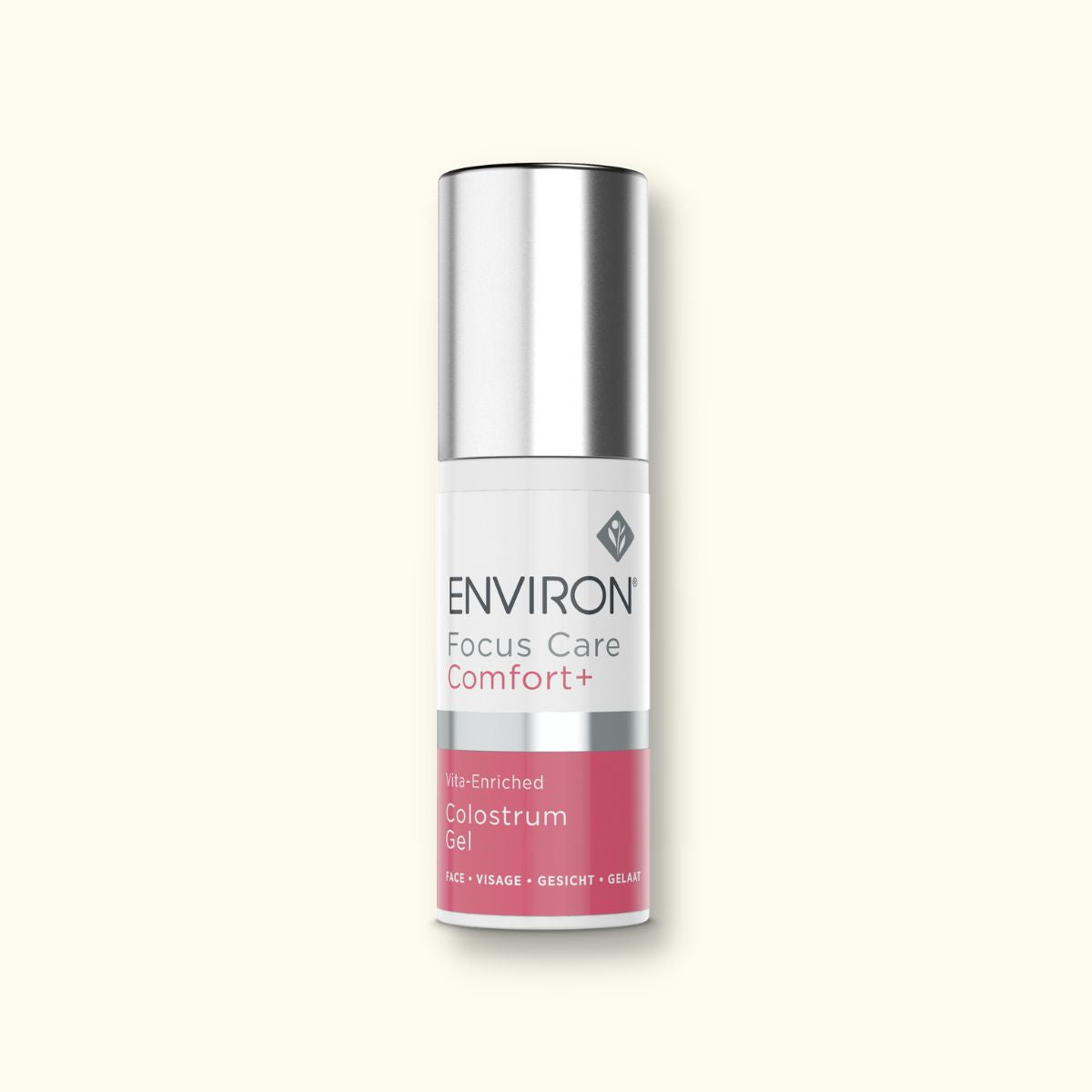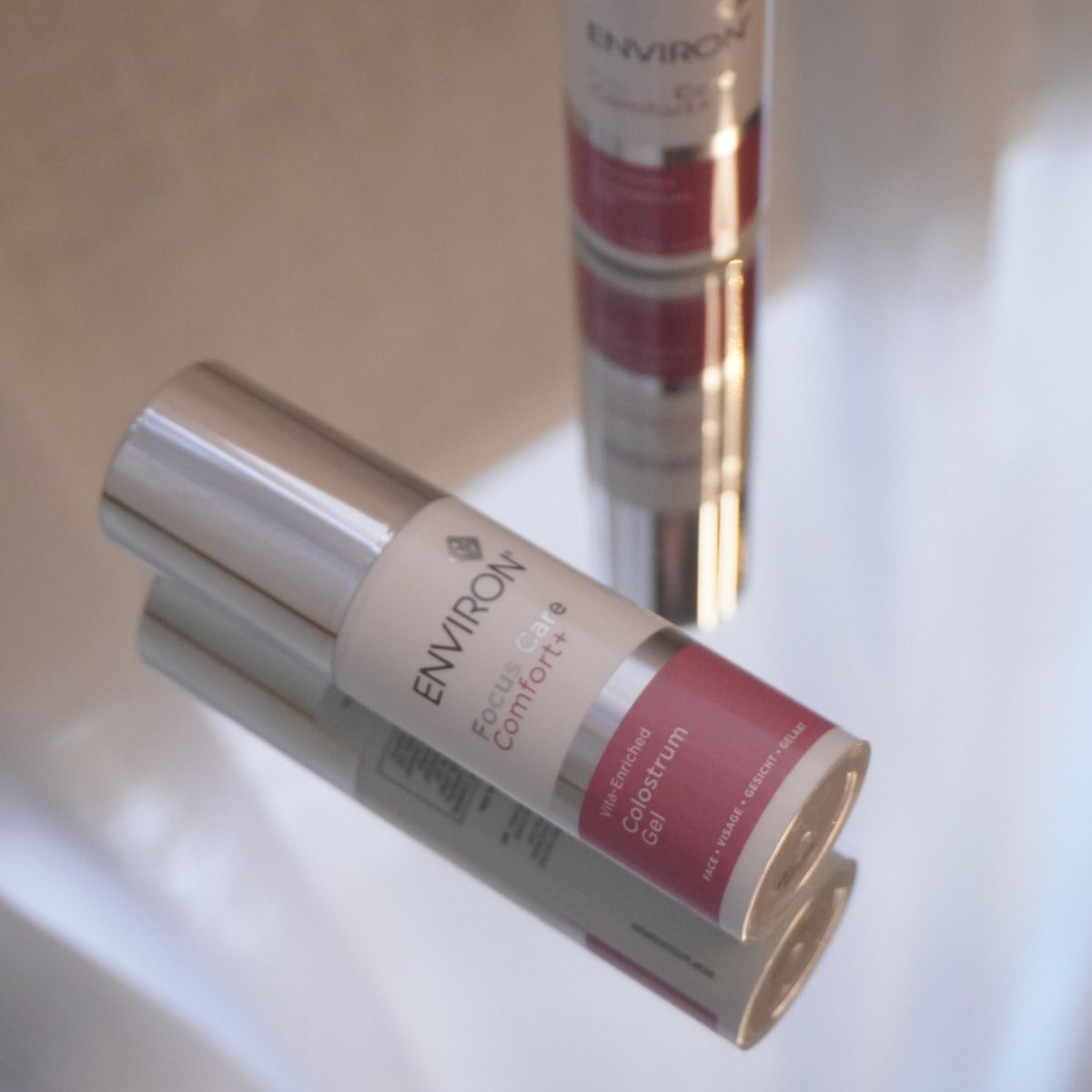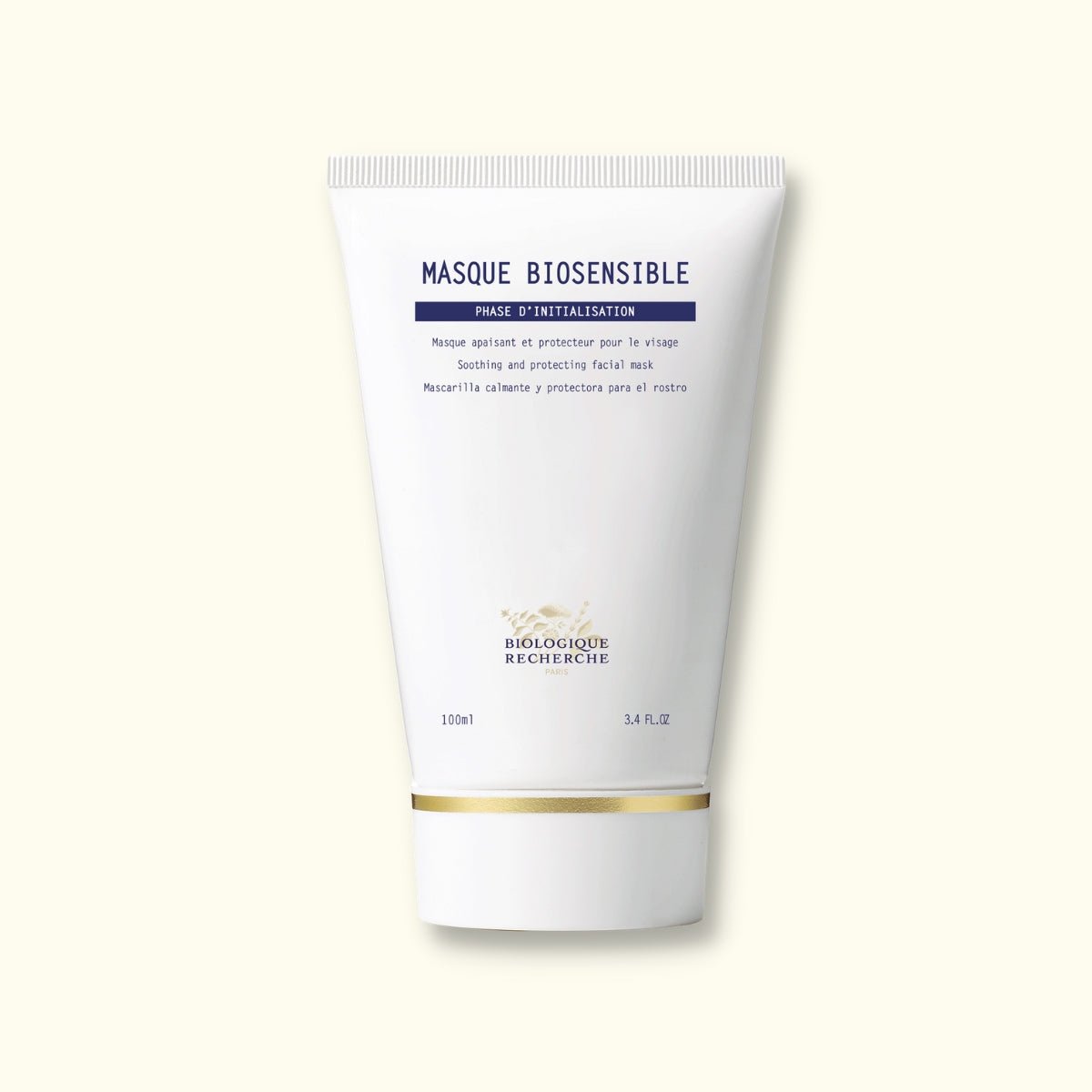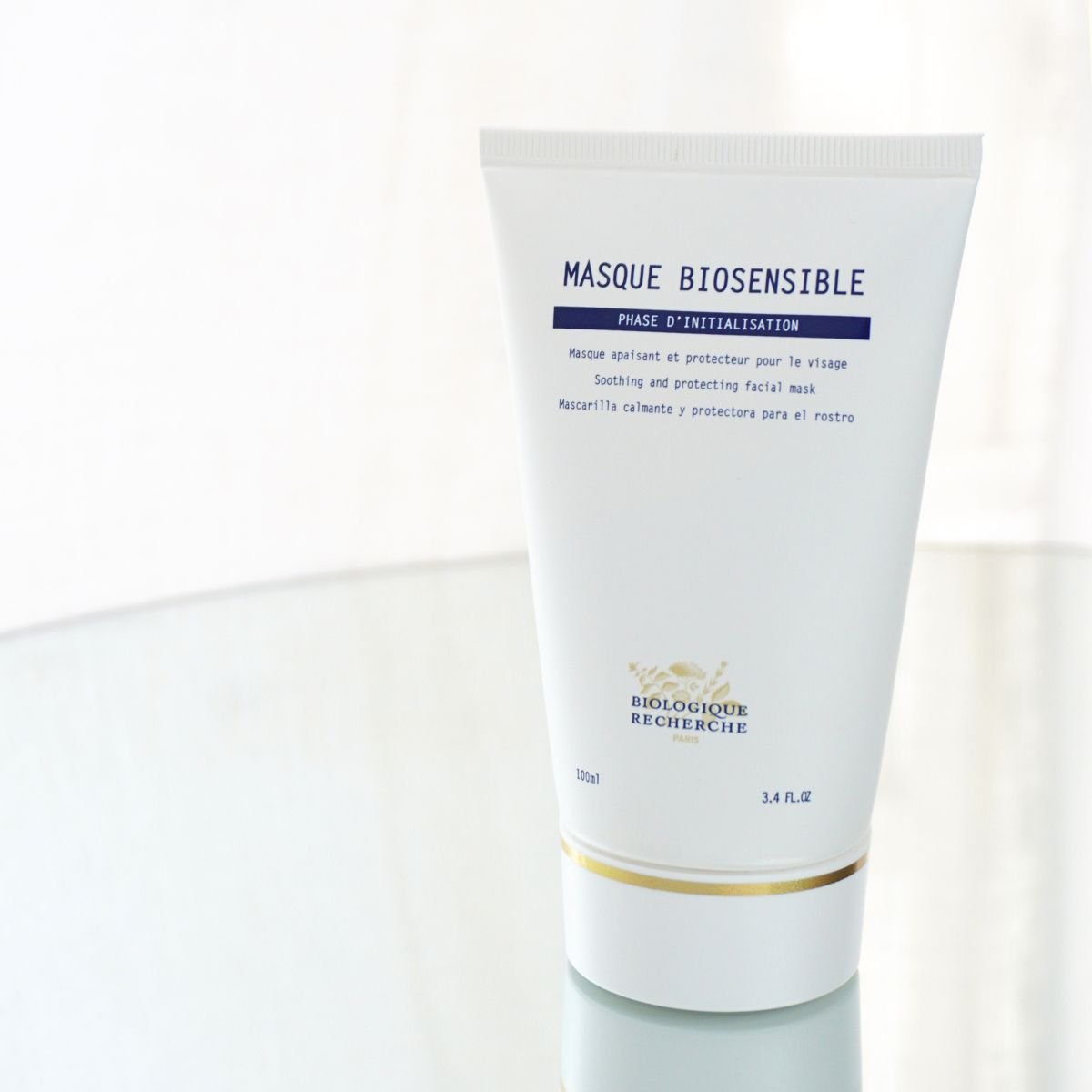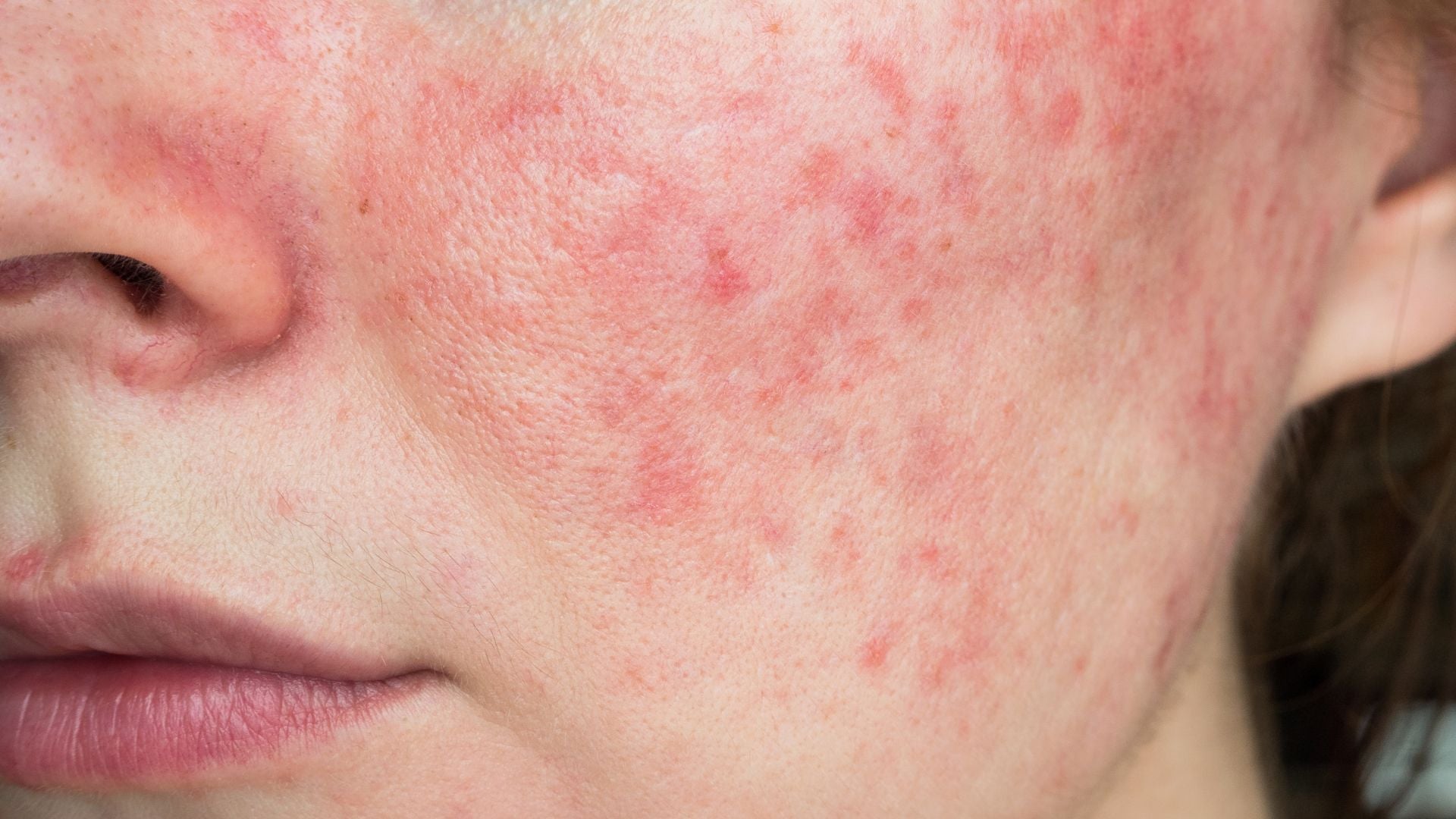
Skin care for Rosacea
When you live with Rosacea, it can be challenging to find the right skin care,
which both relieves the symptoms and suits your skin well.
We have carefully selected a number of products that are specially designed to
care for rosacea-affected skin. Our mission is to provide you with a skin care routine that not only
helps control your symptoms but also gives you a healthy
and radiant skin.
Sort by
13 products
Filters
Introduction of Skin Care for Rosacea
Rosacea is a chronic skin disease that affects many people worldwide. It most often appears as persistent redness on the face, visible blood vessels and, in some cases, small pimples or bumps that may look like impure skin. Rosacea can be both physically and mentally taxing, and it is important to understand how to best care for your skin if you suffer from this condition. In this article, we will explore various aspects of rosacea skin care and give you insight into how to maintain healthy and strong skin despite rosacea.
What is Rosacea?
Rosacea is a chronic inflammatory condition of the skin, which often starts with periodic redness and develops into persistent redness, especially on the face. This condition particularly affects the nose, cheeks, forehead and chin. Although the cause of rosacea can have both genetic and environmental factors. Symptoms can range from mild outbreaks to severe outbreaks, and for many people the condition can have a significant impact on their quality of life.
What symptoms do you experience with Rosacea?
Rosacea often manifests as redness, but it can also cause swelling, dry skin, sensitive skin, and sometimes oily skin. Triggers can vary from person to person, but common factors that can worsen symptoms include hot drinks, spicy food, alcohol, sunlight, stress, and certain types of cosmetics that can irritate the skin. It is therefore important to identify and avoid your personal triggers as much as possible.
The 5 Best skin care tips for Rosacea
If you have rosacea, it is important to choose products that are specially formulated for sensitive skin. Sensitive skin requires gentle treatment and should not be exposed to aggressive chemicals or strong exfoliants that can irritate the skin.
- Using mild cleansers and moisturizers that contain soothing ingredients can help soothe the skin and reduce the risk of irritation.
- Always use cold water instead of hot water when you clean off your cleaning products. Too much heat will stress your skin and make it more irritated and dried out. When the skin is heated, the moisture evaporates faster, this will not happen with cold water.
- Focus on rebuilding the skin's barrier as much as possible. Here, products with zinc, B3 (niacinamide), ester forms of vitamin A and C, antioxidants, urea, peptides will be ideal for soothing but also strengthening the skin barrier.
- Even if the skin is delicate, your skin still needs exfoliation. Do not use mechanically exfoliating products such as scrubs with grains in them. Instead, use gentle enzymatic or mild fruit acid peels with AHA or PHA fruit acid in them.
- If you are in doubt about whether you have Rosacea and how you should take care of your skin, we always recommend you book a skin consultation, where we can organize your very own skin-building program for you.
How Does the Season Affect Your Rosacea?
Climate plays a big role in managing rosacea, and it's important to adapt your skin care routine to the seasons. In the summer, when the sun is strong, it is essential to use a broad-spectrum sunscreen with a high SPF, as UV rays can worsen rosacea. Light moisturizers are ideal in the warmer months to avoid clogging pores. In winter, when the air is cold and dry, you should choose rich, moisturizing creams that help protect the skin barrier and prevent dehydration.
The sun vs Rosacea: Good or Bad?
Sunlight is one of the most common triggers for rosacea, so protecting the skin from UV rays is crucial. Using a sunscreen with a high sun factor, preferably with a physical sun filter, can help protect the skin from the sun's harmful rays without irritating it. Remember to reapply the sunscreen every two hours when you are outdoors to ensure optimal protection.
Which Products Should You Avoid When You Have Rosacea?
When you have rosacea, there are certain ingredients and products you should avoid as they can further irritate the skin. Alcohol-based products, menthol, eucalyptus, and peppermint oil are known to be potentially irritating to rosacea-affected skin. Strong chemical exfoliants such as glycolic acid can also worsen symptoms and should be used with caution. It is best to choose products specially designed for sensitive skin.
Avoid jumping on all skin care trends when you have Rosacea?
One of the most important factors in managing rosacea is being consistent with your skin care routine. While it can be tempting to switch products frequently in search of a fix, it's crucial to give your skin time to adjust to new products and treatments. Sudden changes can further irritate the skin and worsen symptoms. By sticking to a consistent routine of gentle and effective products, you can achieve better control of your rosacea and gradually improve skin condition over time.
Vegetable Oils vs Rosacea: Good or Bad?
Vegetable oils can be a great way to add moisture to the skin without clogging the pores, which is important to avoid worsening rosacea symptoms. Oils such as jojoba oil, argan oil and rosehip seed oil are all known for their soothing properties and ability to help maintain the skin's moisture balance. These oils also contain antioxidants that protect the skin from further damage from free radicals.
Natural Solutions for Rosacea affected skin
In addition to medical treatment and advanced skin care, there are also alternative methods that some people find helpful in managing rosacea. Natural ingredients such as aloe vera, chamomile and green tea are known for their soothing properties and can help reduce redness and irritation. Aloe vera has anti-inflammatory and moisturizing properties that can help soothe and repair the skin. Chamomile contains flavonoids that help reduce inflammation, while green tea is rich in antioxidants that protect the skin from environmental damage.
How important is diet when you have Rosacea?
Your diet can also play a role in how your skin reacts to rosacea. Certain foods, such as white carbohydrates and animal foods, can worsen symptoms in some people. It can be helpful to keep a food journal to identify which foods trigger outbreaks. A diet rich in fruits, vegetables, and healthy fatty acids can help reduce inflammation and support healthy skin.
What lifestyle changes should you make when you have Rosacea?
To prevent rosacea flare-ups, it is important to make small but effective lifestyle changes. Avoid hot baths, extreme temperatures, and make sure to reduce stress, as these factors can trigger or worsen redness. Being aware of how your skin reacts to different stimuli can help you adapt your routine and reduce the risk of future breakouts.
Do you have clear signs of Severe and Stubborn Rosacea?
Severe rosacea often requires a more intensive approach to treatment and care. If you experience persistent redness, visible blood vessels and severe breakouts, you can book a treatment where there is an opportunity to go in depth and have a plan drawn up for a tailored course of treatment. In some cases, it will be necessary to consult a dermatologist.
Future Research in Rosacea
Although many treatment options are already available, research into rosacea is still evolving. Efforts are being made to understand the genetic factors that contribute to the disease, as well as to develop new treatments that can offer better symptom control with fewer side effects. For example, researchers have begun to investigate the use of probiotics both topically and orally to strengthen the skin microbiome and reduce inflammation. There is also interest in understanding how different types of light therapy can be combined with other treatments to improve outcomes.
Create healthy and strong skin despite Rosacea
Although rosacea is a chronic skin condition, it does not mean that you cannot achieve healthy and strong skin. By understanding your triggers, choosing the right skin care products, and taking steps to protect and care for your skin, you can reduce symptoms and improve your quality of life. Rosacea is treatable, and with the right approach you can achieve skin that feels healthy, balanced and less affected by the condition.
By following these tips and adjusting your daily routine, you can help your skin withstand the challenges that come with rosacea and achieve more radiant and healthy skin.


